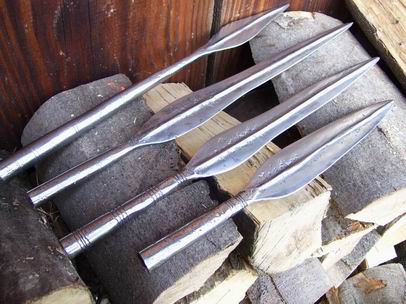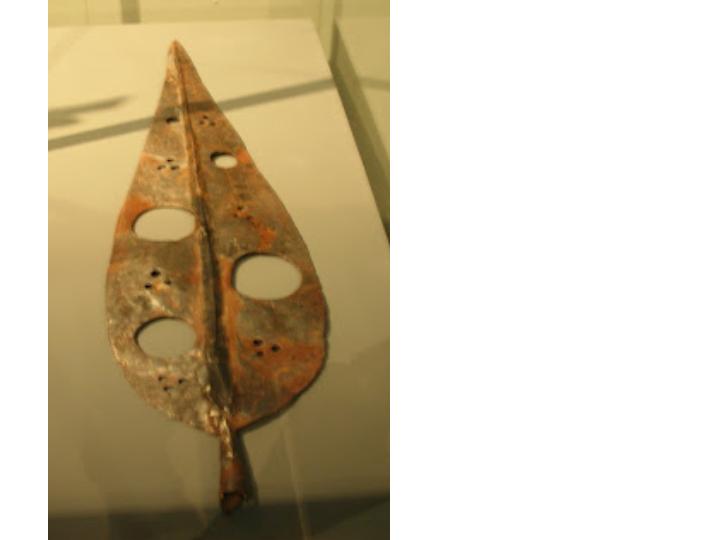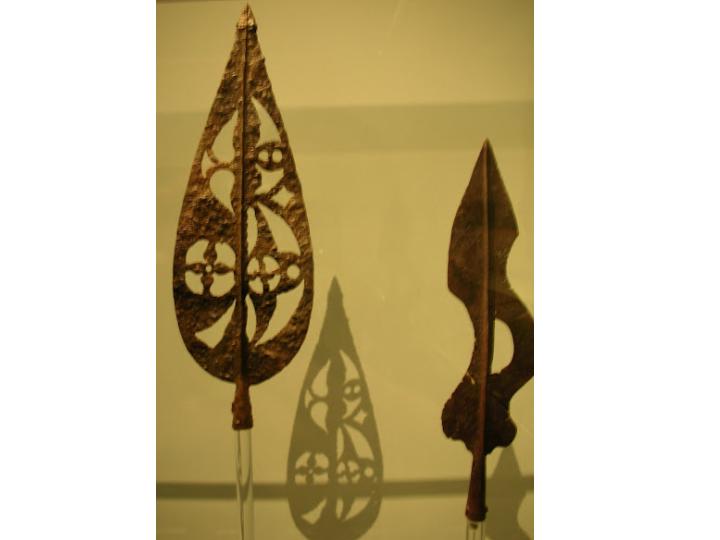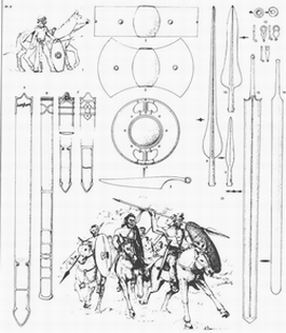Posts: 57 Location: Polska
Fri 09 Nov, 2012 6:19 am
Forged several spears (La Tene period), such relatively long and the customer wishes .... hardening
From what I know they were not hardened, but I could be wrong, maybe someone knows something about this?
Thanks in advance.
Ibor.
1.Total length javelin 41.5 cm, length of sleeves 26 cm, width of the leaf at its widest point 36 mm, bore 19 mm, weight 270 grams.
2.Spearhead, total length 44 cm, sleeve length 11 cm, width of the leaf at its widest point 37 mm, bore 16 mm, weight 270 grams.
3.Spearhead, total length 41.5 cm, length of sleeves 12 cm, width of the leaf at its widest point 38 mm, bore 19 mm, weight 240 grams.
4.Spearhead, total length 32 cm, sleeves 11 cm, width of the leaf at its widest point 42 mm, weight 240 grams.
 Attachment: 46.08 KB
Attachment: 46.08 KB




